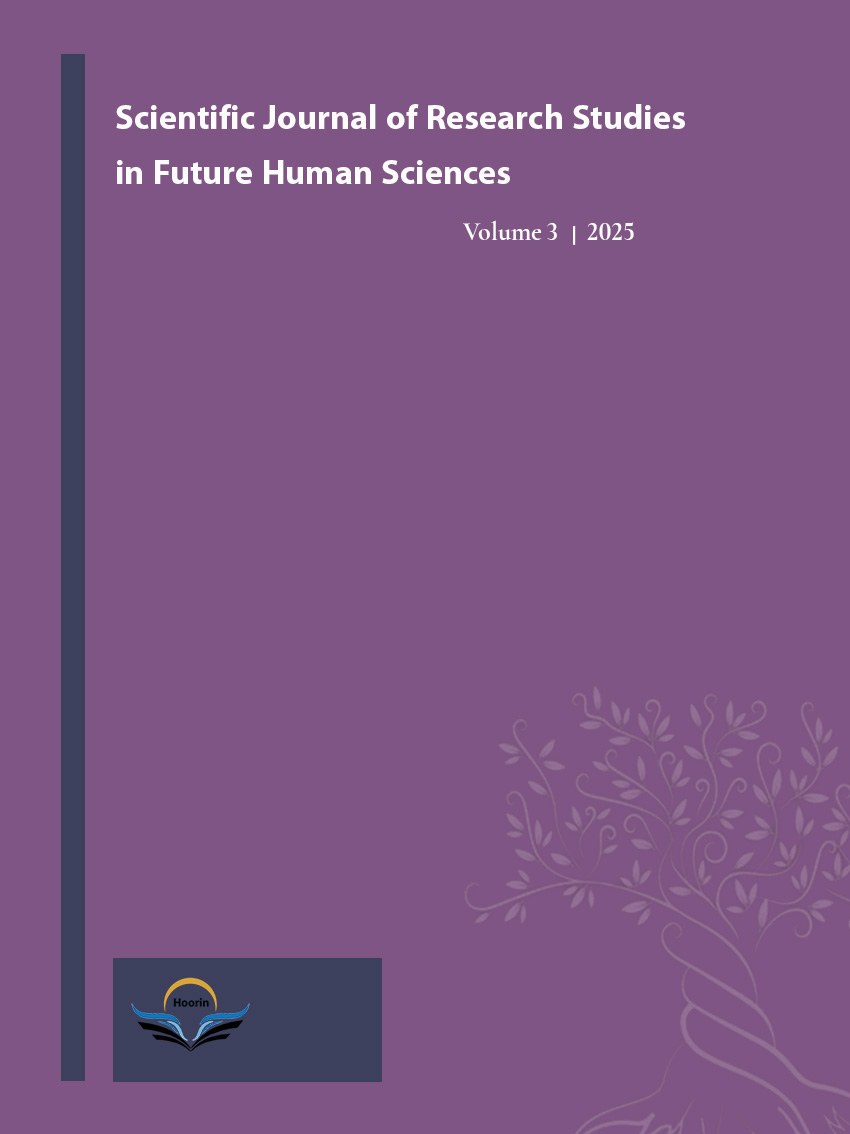Examining the relationship between man and freedom in Islam with emphasis on the views of Martyr Diyalmeh
Keywords:
Human of the Islamic Revolution, Martyr Diyalmeh, Guardianship of the Islamic Jurist, Anthropology, Freedom in IslamAbstract
The interpretation of freedom depends on the anthropological and cosmological understanding of societies and governments, and as such, its interpretations will be diverse and broad. The concept of freedom in Islam, as a comprehensive program, is presented as one of the highest values. In Islam, a person is free, even in accepting religion. In Islamic societies, freedom is mostly of a legal nature and is contrasted with the term "Abd" (slave). In Islamic political thought, justice is opposed to despotism, and slavery is opposed to freedom. Freedom in Islam has a more spiritual aspect, meaning liberation from the bondage of the self. After the Islamic Revolution of Iran, the concept of freedom underwent fundamental changes and was considered from an Islamic perspective. Martyr Abdulhamid Di’almeh, in the early days of the revolution's victory, made efforts to explain the concept of freedom in Islam and the revolution to the people. This research, using an analytical-descriptive method and library studies, explores the role of the Islamic government in human freedom and redefines freedom from the perspective of such a government.
Downloads
Published
Issue
Section
License
Copyright (c) 2025 Scientific Journal of Research Studies in Future Human Sciences

This work is licensed under a Creative Commons Attribution 4.0 International License.





